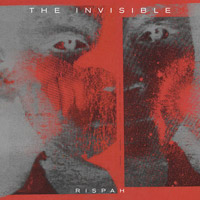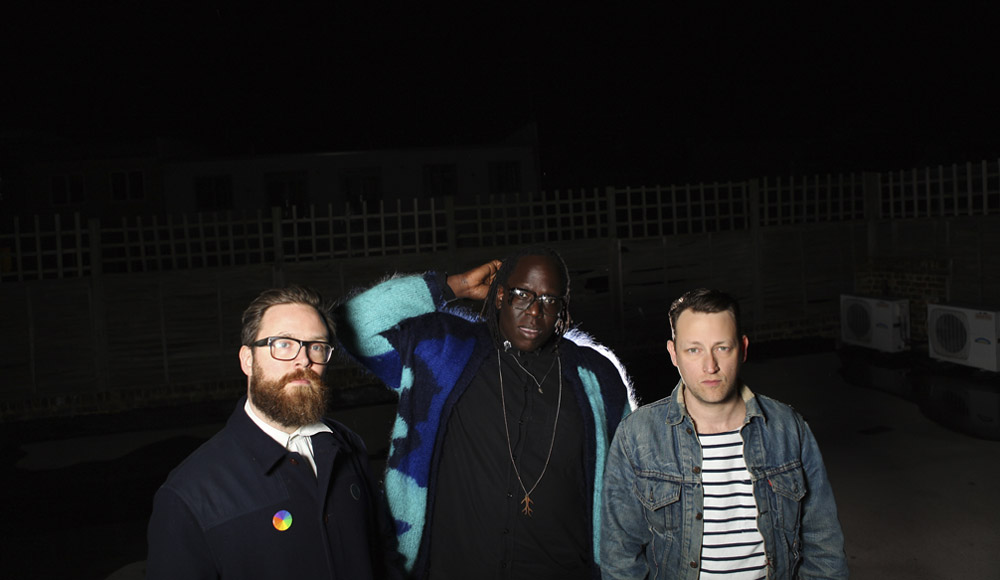 The Invisible: Rispah (Ninja Tune, 6/12/12)
The Invisible: Rispah (Ninja Tune, 6/12/12)
“Protection”
[audio:https://alarm-magazine.com/wp-content/uploads/2012/06/The_Invisible_Protection.mp3|titles=The Invisible: “Protection”]The sophomore album from London-based pop-rock trio The Invisible opens with thick, mournful swirls of keyboards intended as a send-off for guitarist/singer Dave Okumu’s deceased mother. Evoking a painful separation at the shore between life and the afterlife, the keyboards give rise to the contrasting buoyance of traditional Kenyan folk singing. Within seconds, Rispah (named after Okumu’s mom) announces itself as a work of rich ambiguity.
For the Kenyan vocals, for example, Okumu (Jade Fox, Future Sounds of Jazz, F-IRE Collective) actually used a field recording of his grandmother and a group of women singing over his mother’s body at her funeral service. Up until that moment, Okumu explains via Ninja Tune that the loss had a paralyzing effect on his creativity, and that the future of the band — at that point already underway in making the album — was uncertain.
But the sound of Okumu’s grandmother’s voice brought on a rush of emotions and restored his connection to music on the spot. Naturally, the Kenyan funeral song recurs throughout Rispah. Still, the material’s range of moods evades easy capture, even when framed by the central event that inspired and, in may ways, defines it. Fittingly enough, the first words Okumu sings are “this is serious,” but the band’s ability to pinpoint subtle shades provides an ongoing subtext that casts the lyrics in ever-changing light.
Juxtapositions abound on every tune, such as on “Utopia,” where Okumu, bassist/keyboardist Tom Herbert (Polar Bear, Acoustic Ladyland) and drummer Leo Taylor (Zongamin, Gramme, Kate Nash, Adele) bridge the gap between Trans Am’s brooding synths and the giddy menace that The Police usually reserved for B-sides. Not a single trace of the band members’ individual or shared history as jazz improvisers is evident — a testament to their skill as songwriters and arrangers, as well as to their sense of economy. Each song combines elements that would clash if The Invisible didn’t hide the seams with such success. And the whole affair is draped in luxurious production reminiscent of the most sublime examples of art-in-pop-clothing from the ’80s.
Okumu was electrocuted onstage in Lagos, Nigeria, a few weeks ago (this May) while The Invisible was backing King Sunny Ade. The near-fatal accident forced the cancellation of a run of shows that was supposed to begin as this review went to press. He has, however, since reported that the experience bonded him to his band-mates more deeply than before. Even after its completion, Rispah continues to represent both the resilience and fragility of life in equal measure.

